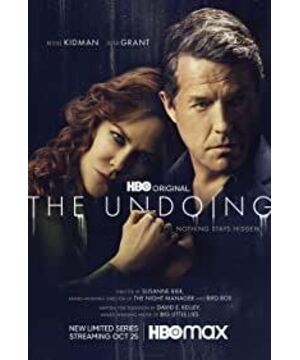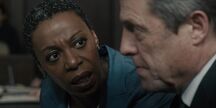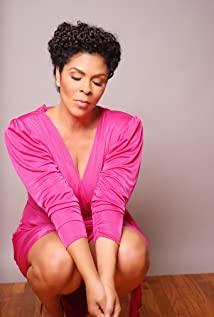People with the dark triangle personality (narcissism, psychopath, Machiavellianism) have a consistent impression that they have high IQs and can manipulate others and make things work in their favor. In fact, however, people with this character will inevitably self-destruct when they are destroyed.
The point where the male protagonist and Elena quarrel in the play is obvious. When Elena says "you will never hurt me, you will never leave me", it is essentially announcing that she has more power than the other party in this relationship ( It is probably similar to the mentality of being loved and fearless), and when the male protagonist finds that his power is being provoked, he starts to hurt the other party by pushing and shoving, so as to dissolve or prove that the other party does not have power over himself (thinking of the house of cards) The sentence sex is about power)
The above may still be a conflict between a pair of immature lovers. When it comes to the later sentence Did that hurt darling, the hairs start to stand on end. The reason why Elena chased with a hammer should be because of her inner hurt. She wanted to transfer this pain to the male protagonist (without the fatal intention), but the male protagonist killed people with a hammer without changing his face, which is no longer an understandable mentality for normal people. (overkill is generally a vent of anger, but ordinary people will not be interested because of this conflict).
I know a narcissist who hides quite deeply. Instead, he often accuses others of being a narcissist (mostly his ex-boyfriend). This kind of person is really confusing and usually conflicts with his interests. only appeared when. But it really won't be brilliant. It's similar to the fact that the male protagonist actually hit his idea on the framed son. If it weren't for this, there would be no action from the female protagonist. Taking my son to drive a car and jump off a bridge are all exposure of the nature after snap (the stretched string is broken, some people hurt themselves, some people hurt others, some people rise above)
Finally, the role of Elena is relatively thin, and it has become a vague "other", similar to the xenophilic of oriental women in Western culture (I don't know how to translate it, it probably means the objectification of exotic women). Her story is completely reduced to a fuse rather than a three-dimensional person, and there is even a stereotype of the artist there (irrational, no sense of boundaries).
In terms of details, the way the oil paintings in her studio are placed is wrong, it will scratch the canvas (I will be scolded to death if I put it like this in the studio), and the clothes she wears for the dinner party are not very in line with the artist's character (in my work I really haven't seen a dress of this style and color, most of them are either specially cut in black, or have a bold style).
View more about The Undoing reviews











